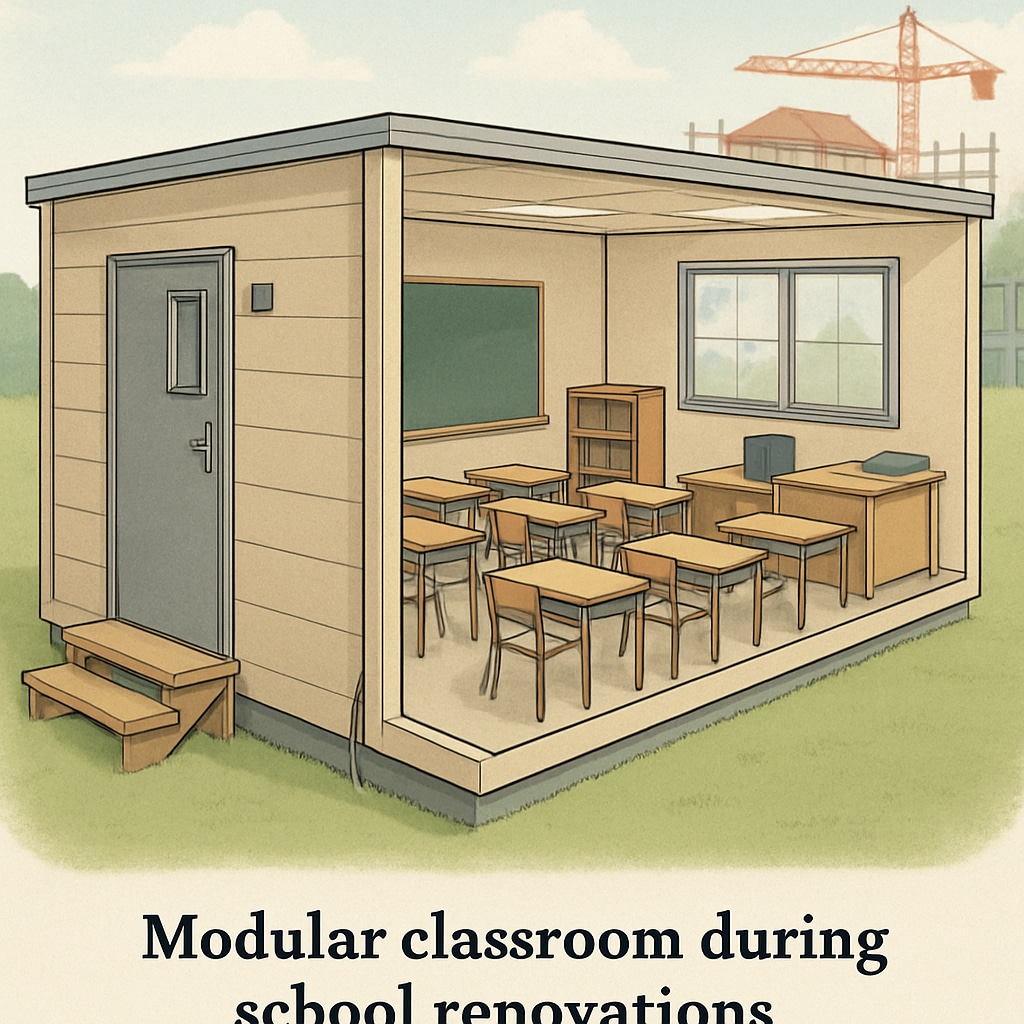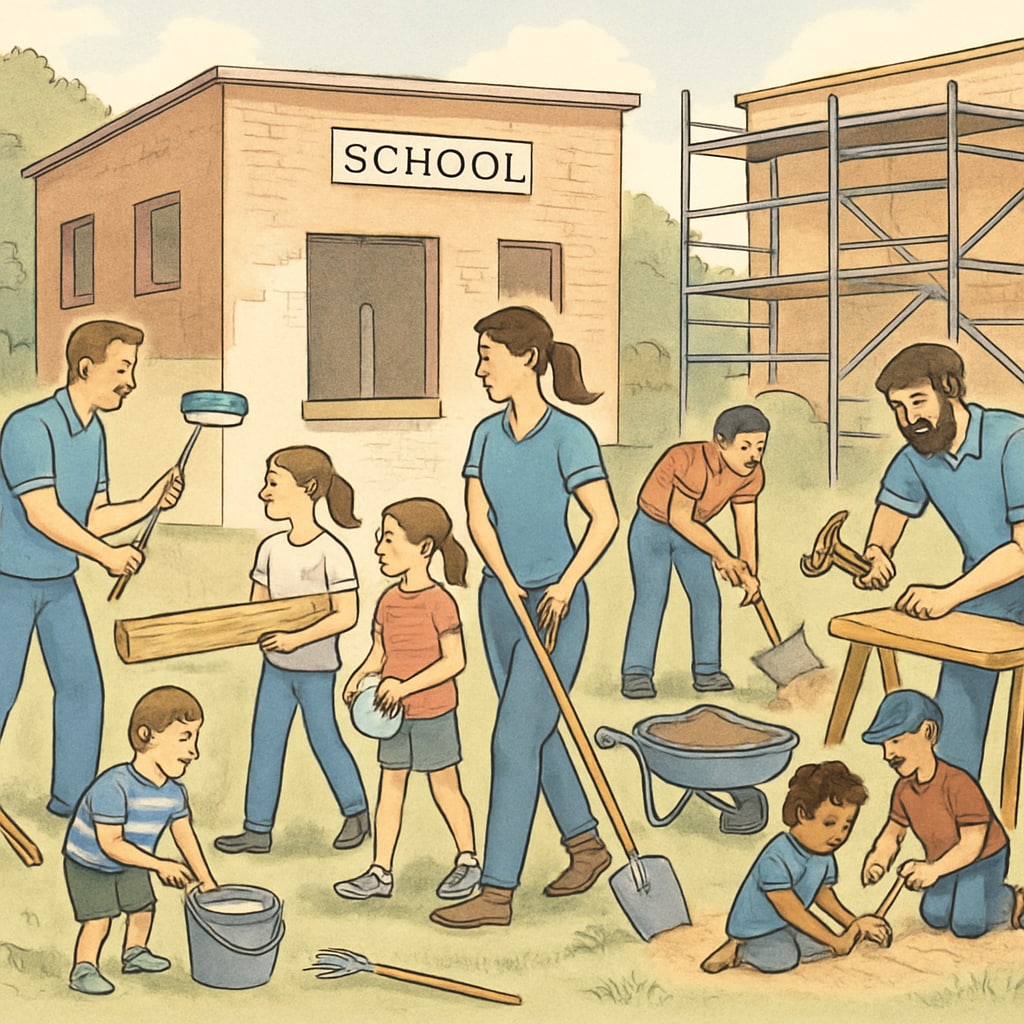School renovation projects often lead to temporary changes in the learning environment, which can significantly impact children’s experiences. From activity spaces being replaced by construction zones to the introduction of modular classrooms, these shifts may challenge students’ emotional and social development. This article explores how school renovation affects children and provides actionable strategies for parents and educators to support them during this transitional period.
How Temporary Environments Affect Student Growth
Temporary environments, such as activity boardrooms or modular classrooms, can alter students’ sense of familiarity and routine. Children thrive on consistency, and sudden changes in their physical surroundings may lead to feelings of confusion or insecurity. For example, the absence of playgrounds or outdoor facilities might limit physical activity, which is crucial for young learners’ development.
Additionally, restricted parental access to renovated campuses can exacerbate these challenges. When children are unable to see their parents during drop-off or pick-up times, the lack of emotional reassurance can affect their ability to focus and feel safe.

Strategies for Supporting Children During Renovation
Parents and educators play a pivotal role in helping children adapt to temporary environments. The following strategies can foster resilience and promote positive experiences:
- Maintain routines: Consistent schedules for school, homework, and extracurricular activities can provide a sense of stability amid physical changes.
- Communicate openly: Encourage children to express their feelings about the new environment and address their concerns proactively.
- Create alternative play spaces: If playgrounds are unavailable, organize physical activities in parks or community centers to ensure children remain active.
- Collaborate with schools: Work with educators to understand the renovation timeline and find ways to enhance students’ comfort during the transition.
Moreover, visual aids such as posters or timelines can help children grasp the temporary nature of the renovations, reducing stress and fostering excitement about the improved facilities.

Long-Term Benefits of Coping with Change
While school renovations may initially disrupt students’ routines, they also offer opportunities for growth. Adapting to temporary changes can teach children valuable life skills, such as flexibility, problem-solving, and resilience. These lessons can prepare them to navigate future challenges both inside and outside the classroom.
As a result, it is crucial for parents and educators to frame the renovation period positively. Highlighting the benefits of improved facilities and emphasizing cooperation can turn an unsettling transition into a constructive learning experience.
Readability guidance: To ensure clarity, the article uses short paragraphs and lists to summarize key points. Transition words like “however,” “for example,” and “as a result” are incorporated to improve flow. Passive voice and overly long sentences are minimized for accessibility.


